“A high–quality history education will help pupils gain a coherent knowledge and understanding of Britain’s past and that of the wider world. It should inspire pupils’ curiosity to know more about the past. Teaching should equip pupils to ask perceptive questions, think critically, weigh evidence, sift arguments, and develop perspective and judgement. History helps pupils to understand the complexity of people’s lives, the process of change, the diversity of societies and relationships between different groups, as well as their own identity and the challenges of their time.“
(National Curriculum 2014)
Intent Statement
Our aim at St. Gabriel’s is to provide a high quality History curriculum which will help our pupils gain a coherent knowledge and understanding of Britain’s history, their locality and the history of the wider world. Our curriculum aims to inspire and challenge our pupils’ curiosity to know more about the past. The units of work ensure broad coverage of all National Curriculum History objectives and ensures our pupils develop the use of historical enquiry, as well as a focus on the acquisition and application of key subject knowledge, concepts and vocabulary.
In Early Years, children will learn to foster an understanding of past and present, along with a recognition of a culturally, socially, technologically and ecologically diverse world, through the Understanding the World area of learning.
Intended Impact
During the children’s learning journey at St Gabriel’s, our intended impact of the History Curriculum is to ensure that children:
- Learn key historical concepts of change over time, chronology, consequence and viewpoint
- Understand the complexity of people’s lives and the process of change
- Recognise their own identity and the challenges of their time.
- Are able to question events from the past and consider how these have impacted us in the present day.
- Experience a broad and balanced curriculum with progressive development of historical concepts, knowledge and skills.



